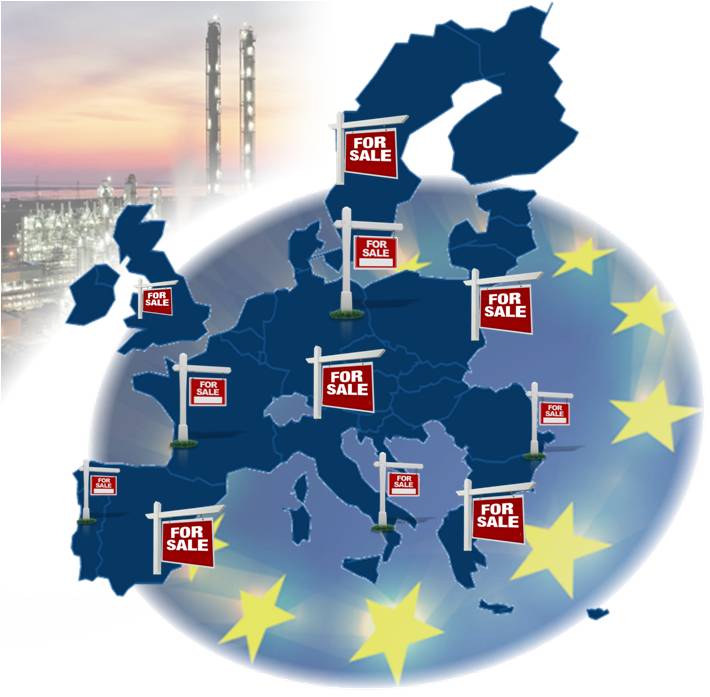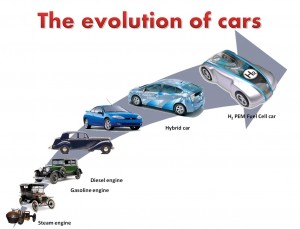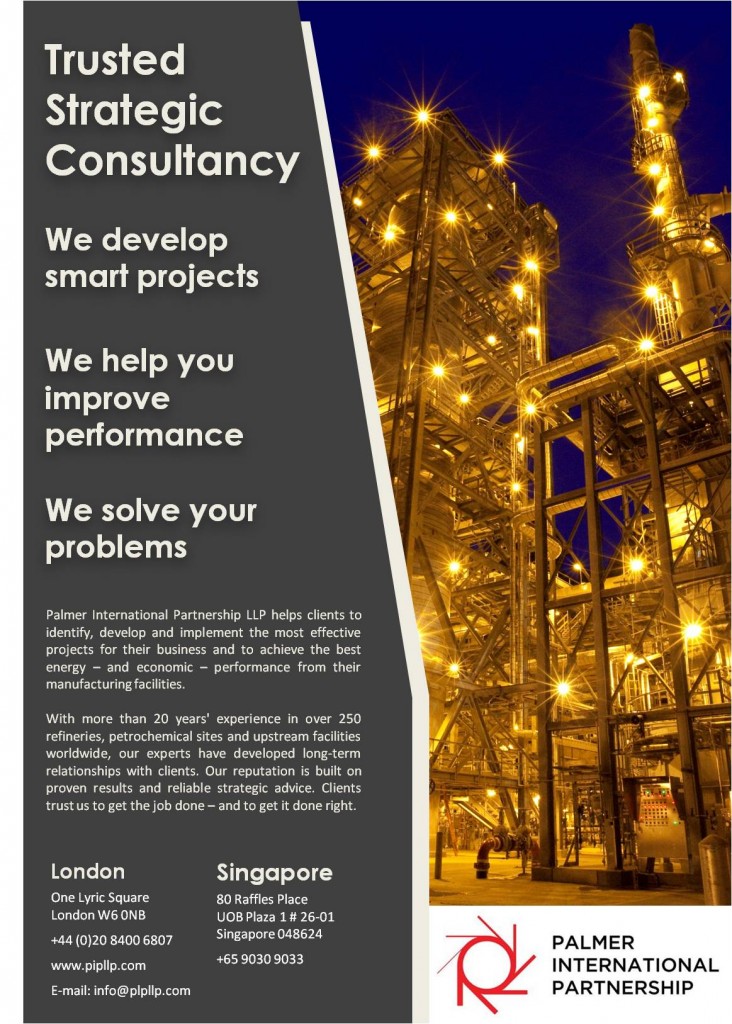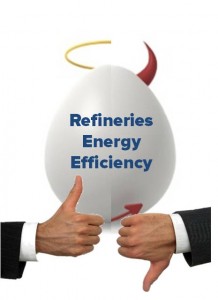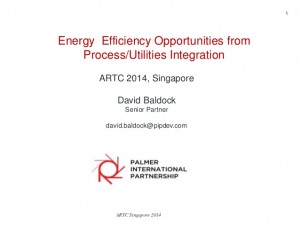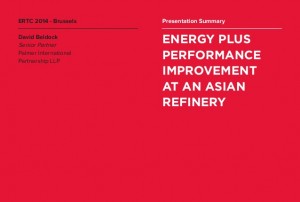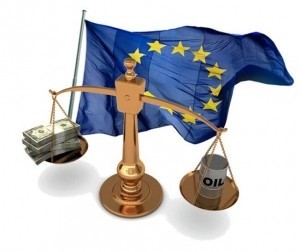Helping you to achieve Performance Excellence
Palmer International is an independent London-based engineering consultancy specialising in performance improvement and project development in the oil and gas industry.
Our engineers have more than 20 years’ experience in over 250 refineries and upstream facilities across the globe. By taking a holistic view of your operation, we help you to identify, develop and implement the most effective projects for your business.
We offer a unique and well-proven way of working – Total Project Architecture. This process comprises: a logical assessment methodology to develop the optimum project to suit your business needs now and in the future; support from concept to commissioning and identifying performance improvement opportunities for little or no investment.
You will be assigned a project architect who will:
- Interrogate your brief to determine the fundamental starting point
- Identify your aims, strategically and commercially
- Understand all the requirements
- Communicate with all organisations involved
- Deliver the most effective solution
In this way Palmer International helps you to get the job done and to get it done right.
